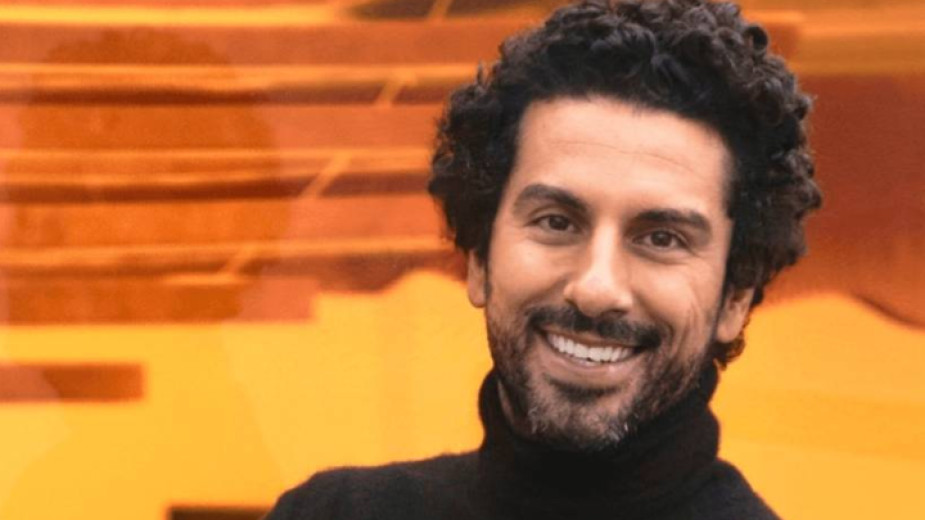 4
4
Do you like fairy tales? Although many people see this literary genre as being for children only, fairy tales hold timeless lessons that are still relevant. Even in today's harsh world, it is possible to live in a fairy tale. The real talent lies in being able to move from one tale to another and tell them both with ease and laughter. But behind that happy laugh are years of hard work and a refusal to listen to those who say you should give up because your dreams are impossible.
Jonathan Anguelov is a living example that anything is achievable as long as you keep looking forward and never give up. Born in Bulgaria and raised in France, he has kept Bulgaria in his heart forever because it is where he experienced, learnt and lived through so much.
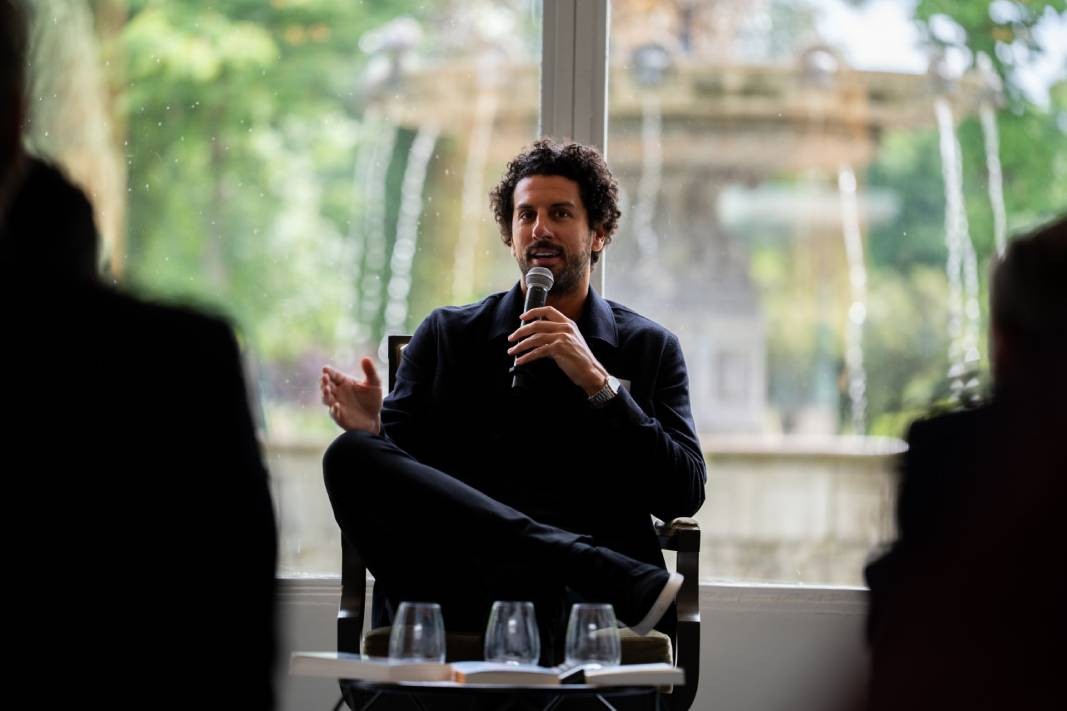
“Every summer until I was 18, I spent at least a month or two in Bulgaria. I’d wander around different villages, as well as Sofia, Byala Slatina and Pravets. Those are some of my best memories because I was just a kid with a bicycle that let me explore everywhere. I used to swim in rivers and under waterfalls, had my first discos and even some early crushes — all in Bulgaria. But I also remember how tough life was for many Bulgarians back then, working hard but still struggling financially. In 2000, my grandma’s pension was only about 80–90 leva a month. Seeing that poverty taught me that I never wanted to live like that again, but it also showed me you can be happy even with little money.”
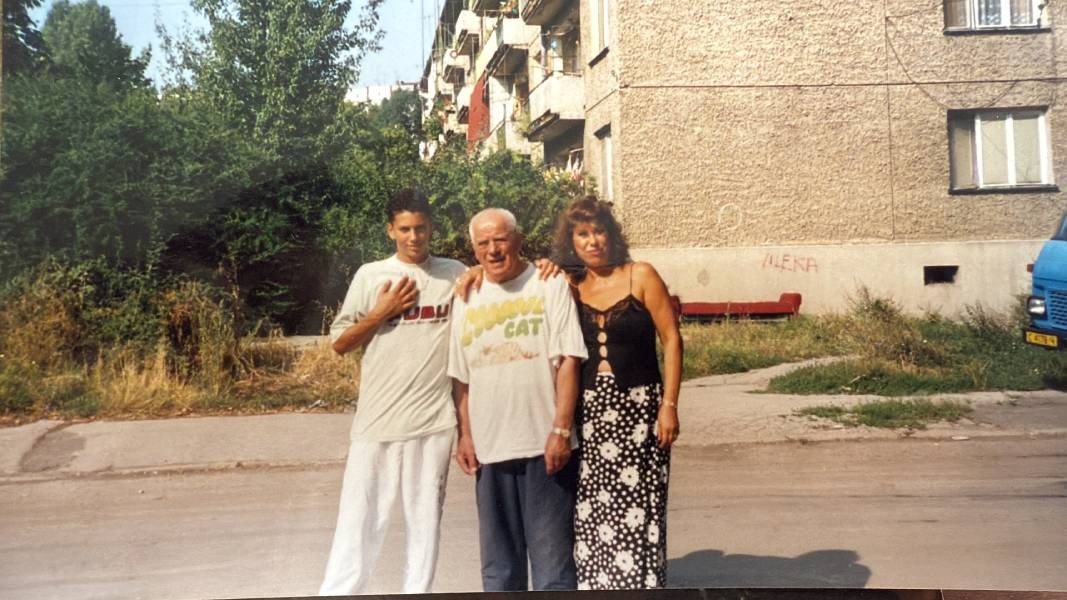
For him, happiness is about being free to do what you want. He knows that might sound simple, especially coming from someone who has done well in life, but he has always dreamed of achieving something that nobody else thought was possible. Besides Bulgaria, he also grew up partly in Paris with his mum. After the fall of communism in 1989, she first moved to Italy, got married to obtain European papers, but after a year or two she left and settled in France. She started a successful career as a model there and even ran her own small modelling agency.
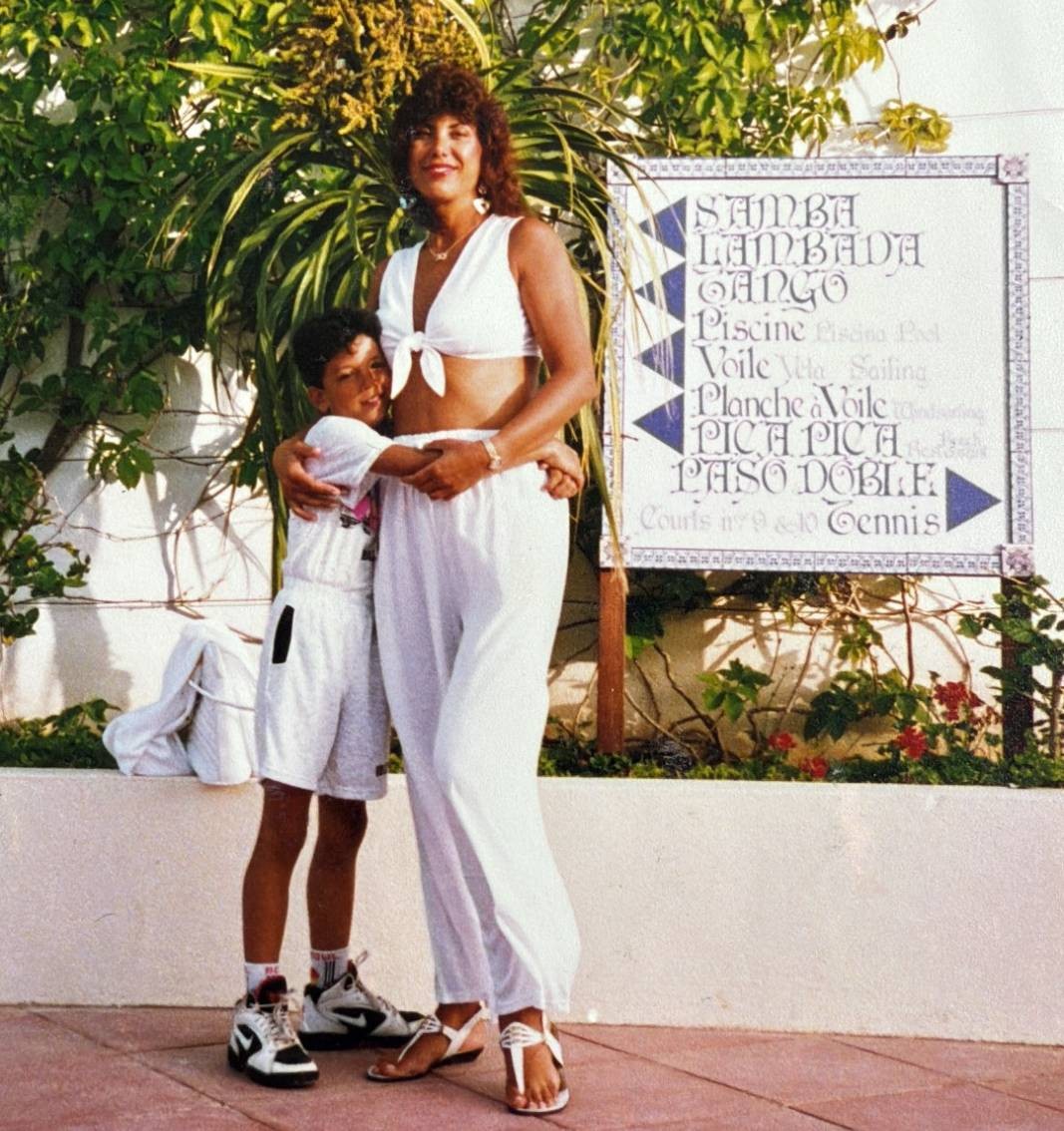
“She did well — she hired models from all over Europe, including Russia and Bulgaria. I came along at some point, but she never knew who my father was. That’s why she spent her whole life trying to make things work and provide for us,” Jonathan recalls. “Unfortunately, one man deceived her. He claimed to work in the arts, buying and reselling various paintings and objects. My mother gave him almost all her money, and then he disappeared. She lost everything — her business closed, and the tax authorities came after her. As a foreigner in France, she never learnt to speak or write French well. She started drinking, and little by little, people began to talk about her — and about me. And so, one day, when I was twelve, I ended up with social services, who placed me in foster care.”
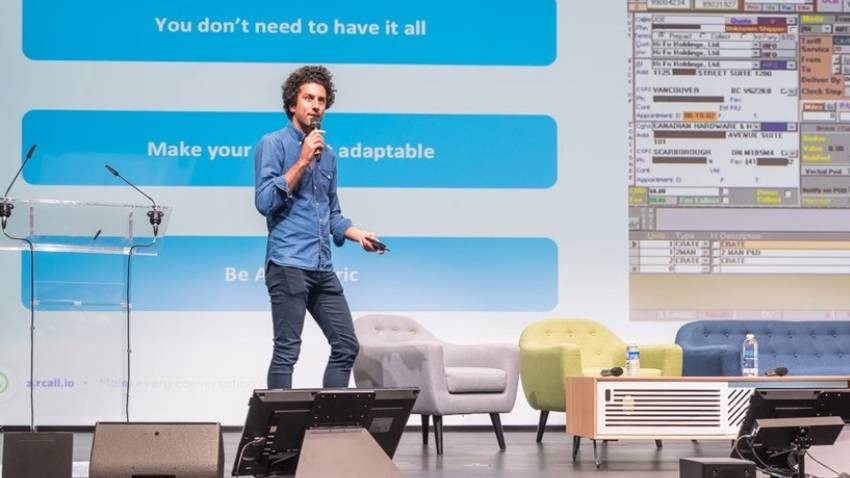
Almost immediately, he started his first job — selling newspapers — followed by pizza, ice cream and whatever else he could, because he wanted to show his mother that anything was possible. He worked hard and, after some time, began buying properties.
“Tiny rooms in Paris — just 8 or 9 square metres each — one after another, I managed to buy ten of them. I sold them and made quite a bit of money, which I used to purchase larger, two-room flats that I rented out to tourists. At 27, after spending a year in London working as a financial trader for a company, I got tired of working for others because I was earning more from my property business. I returned to France and started my own company, which became one of the biggest start-ups in France in the communications field. Even though neither I nor my business partner came from that sector, we dreamed of creating a product that would work for any company in the world wanting to set up their own call centres.”
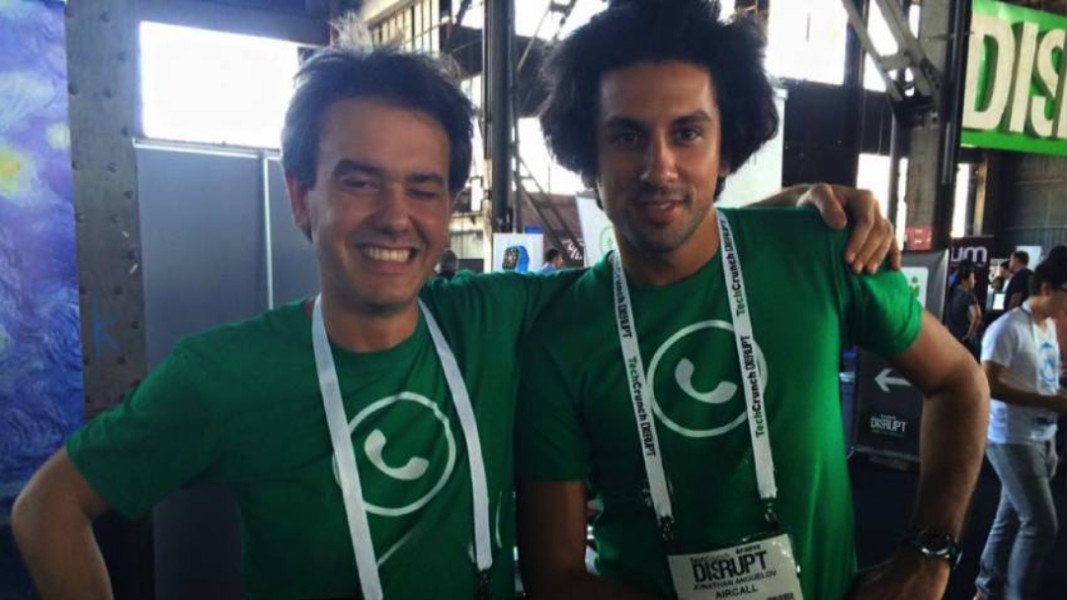
Jonathan has written the whole story in French in a book titled Nothing to Lose (Rien à perdre). When asked whether he plans to publish it in Bulgarian, he is positive — he does have that idea and is looking for a publisher. He intends to include much more about his experiences and life in Bulgaria in the Bulgarian edition, as he believes readers will learn a lot from them.
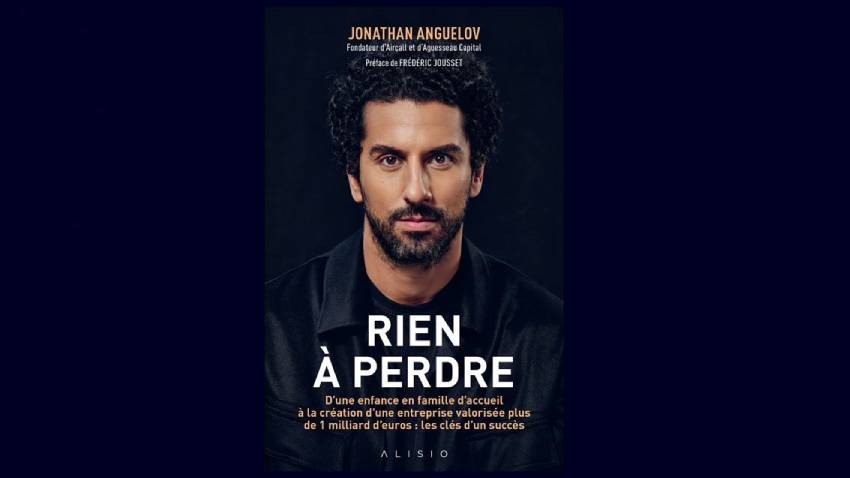
Editor: Desislava Semkovska
Posted in English by E. Radkova
Photos: Jonathan Anguelov's personal archive, jonathananguelov.com, linkedin.com, Facebook/Jonathan Anguelov, beaboss.fr, fnac.com
The story of Kiril Jeliazkov’s life well and truly deserves the attention of the people who never give up on their dreams. Born in Yambol, Kiril discovered his artistic talent thanks to an art teacher who advised his parents – a driver and an..
Monika Evstatieva is a journalist who works as a senior producer in the investigations department of the American public radio network NPR . Born in Sofia, she dreamed of working in advertising as a child, but her work experience at a radio station in..
If we had to highlight the features that distinguish a successful Bulgarian in Central Europe, we would not focus on some big businessman who flaunts an expensive car and a number of material possessions. Actually, the image of a..

+359 2 9336 661
